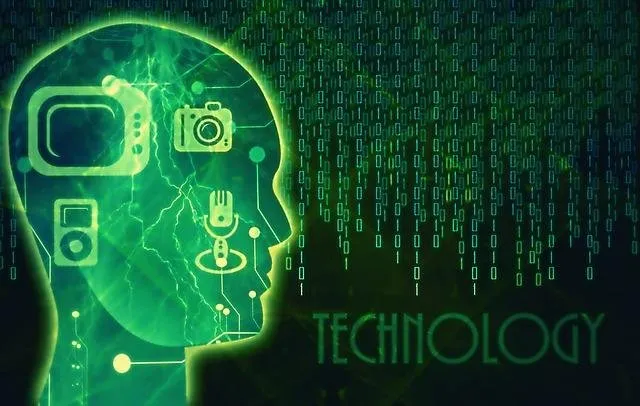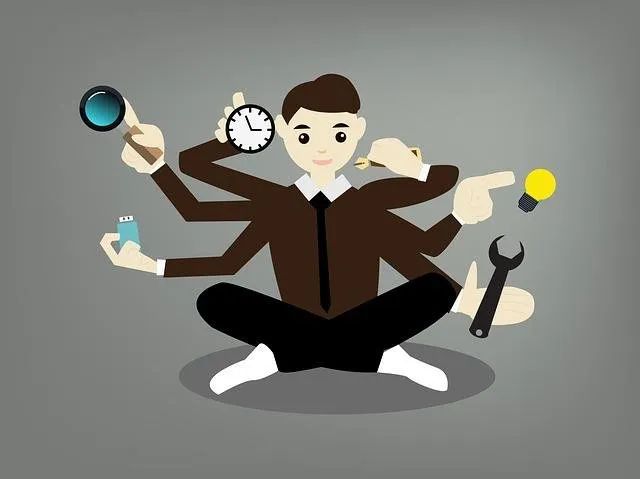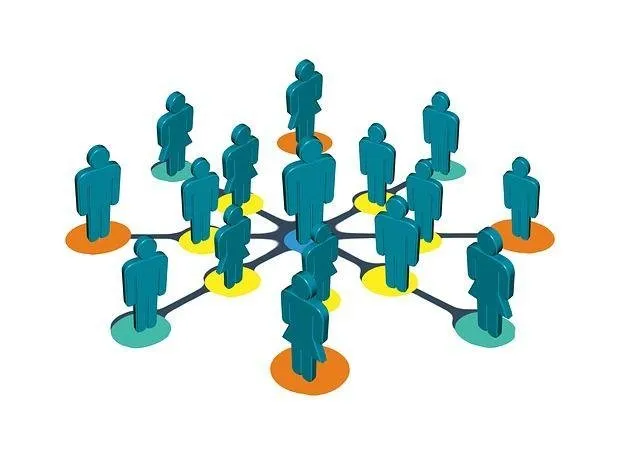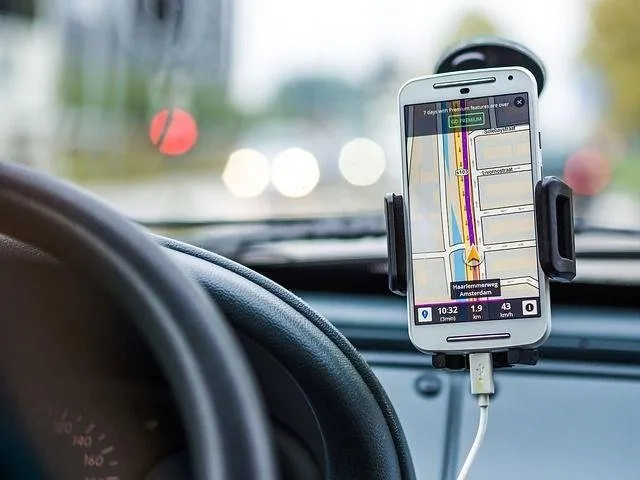The technological world has increased rapidly in the past 100 years. The past 50 years has shown an ever greater increase than the 100 before that. Technology seems to be exponentially developing to some degree. But what are all of these increases in the use of technology doing to us? How are our brains being affected?

pixabay, CC0 Creative Commons
It seems there are some problems developing from our dependence on technology that replace or diminish functional aspects of our brain. This includes:
- Memory
- Attention
- Reading
- Multitasking
- Social Skills
- Sleep
- Mood
- Navigation
Memory

pixabay, CC0 Creative Commons
Short-term memory is affected by our use of technology, while long term memory requires more study. As we use more technology as a store and recall of information, we are less reliant on our own memory. We engage in 'cognitive offloading' and a symbolic 'digital dementia' develops. There is a shrinking in the frontal lobe that is responsible for planning and organization. This might just be for Internet addicts, and not regular users of the Internet.
Depending on technology for memory recall also makes memories less vivid in our internal-"reality" of the consciousness imagination factory. People who look at objects for later recall of the objects and of their details, perform better than those who take pictures who also attempt to do memory recall.
The advantage to offloading memories to technology is that we have less clutter and more room for new information and memories to be stored.
Attention

Credit: Pogrebnoj-Alexandroff/wikimedia, CC BY-SA 3.0
Attention spans are down. That seems to be the case the more we study our current condition. A 2015 study of 2000 Canadians reported an average attention span of 8 seconds, contrasting the earlier 2000 attention span of 12 seconds. A goldfish has an attention span of 9s. We seem to be devolving...
It's not looking good for the new generation either. 87% of 2000 teachers in Puerto Rico said the attention span of children is shorter. Similarly, in UK, out of 400 teachers and 2000 parents, 70% say the attention span of children is not what it used to be.
With technology, we have an increased desire for immediate attention gratification, and a decreased ability to focus and be patient.
Reading

Credit: Martouf/wikimedia, Public Domain
More research is needed, but in general, technology seems to be making us less thorough readers. Most people tend to scan or skim pages of text and mostly click links, rather than engage in deeper reading that is usually done with paper text.
From students of similar reading skill, two groups were formed to read and test comprehension. One group was for paper text, and the other LCD text. Those doing LCD reading has lower comprehension scores of what they allegedly "read". The retention of information is not being done as much.
Multitasking

pixabay, CC0 Creative Commons
Technology does help to make us better multitaskers in a sense, but at a cost. The "infomania" "always-on" culture has many tech distractions, like emails, texts, phone calls, etc.
A study of IQ tests while technological distractions were present, indicated an average reduction by 10 IQ points, compared to a quiet room. This seems to indicate a likelihood in general distractions to impair memory and concentration in testing, rather than it being a case for technology along.
Certainly, the advent of more technology increased the amount of distractions in our lives, thereby increasing the amount of time in a day we are likely to be affected by distractions to perform our tasks.
Frequent multitasking shows "smaller grey matter density in the anterior cingulate cortex" where empathy and decision making takes place. I think this relates to how paying attention and focusing on something allows us to recognize it and empathize with it if need be. When we don't pay attention, ignore, we are cold, and don't really empathize.
Social Skills

pixabay, CC0 Creative Commons
Social media is a new hangout location in a virtual reality. For those that are already predisposed to disengaging in objective reality, this can be a danger for their social development. In our families, we tend to spend more time looking down on our devices, which results in less face time with parents compared to previous generations. This affects our ability to recognize facial expressions. Dr Arie Sigman says "they [excessive Internet users] find it more difficult to read faces in experiments".
But, the Internet and technology makes learning faster, and more easily accessible unlike any previous generation. We just need positive influences, from caring peers and adults, who support and guide children to better sources of media to learn and develop from.
Sleep

pixabay, CC0 Creative Commons
Bedtime screen use will change your sleeping patterns. Blue light emits a frequency found in sunlight that tells the pineal gland to stop producing melatonin, which is the sleep hormone. This keep us awake and alert more to pay attention to the light-emitting device.
We spend more time each day texting or gaming than sleeping, by 20 minutes now. I don't do texting or gaming, but I do spend more time on my computer than I do sleeping.
Mood

Credit: Intgr/wikimedia, CC BY-SA 3.0
Some people are more affected by use of technology. Heavy Internet users show more signs of depression. Dr. Arie Sigman says "There is a relationship between the amount of time you spend on social media and increased body dissatisfaction. High consumption of idealized images seems to activate neural networks in the brain like the amygdala, associated with fear and anxiety."
The influence of contrasting information to your self-view or worlview can be wrought with fear and anxiety. Some of it more legitimate than others, i.e. contrasting truth and falsity in morality vs. contrasting physical appearances.
Some people who are more into the technology and Internet use it because they are depressed. Though there is no direct causal link to the correlation between heavy Internet use and depression.
Navigation

pixabay, CC0 Creative Commons
Indeed, technology can change our brains when it comes to navigation like GPS. Taxi drivers who know the city they drive in by memory, have more posterior hippocampus gray matter. This improves their memory tasks for landmarks to find their way in their mental map. Although, their anterior hippocampus is reduced, making for poorer visual information recall.
Non-GPS users are similar, with more hippocampus gray matter for better memory recall.
Overall, technology is affecting the way our minds and brains process the environment. This in turn affects how we are going to act, behave and respond in that environment. There are negatives to the positive enhancements that technology brings to our lives.
The more we are aware of the negatives brought about through our use of technology, the more empowered we can be through that knowledge of it's pitfall. Despite the negative effects, we can find ways of counterbalancing them and further improve our lives.
References:
- 8 Ways Tech Has Completely Rewired Our Brains
- How Technology Is Rewiring Your Brain
- Modern technology is changing the way our brains work, says neuroscientist
- How tech is rewiring your brain
Thank you for your time and attention. Peace.
If you appreciate and value the content, please consider: Upvoting, Sharing or Reblogging below.
 me for more content to come!
me for more content to come!
My goal is to share knowledge, truth and moral understanding in order to help change the world for the better. If you appreciate and value what I do, please consider supporting me as a Steem Witness by voting for me at the bottom of the Witness page; or just click on the upvote button if I am in the top 50.
